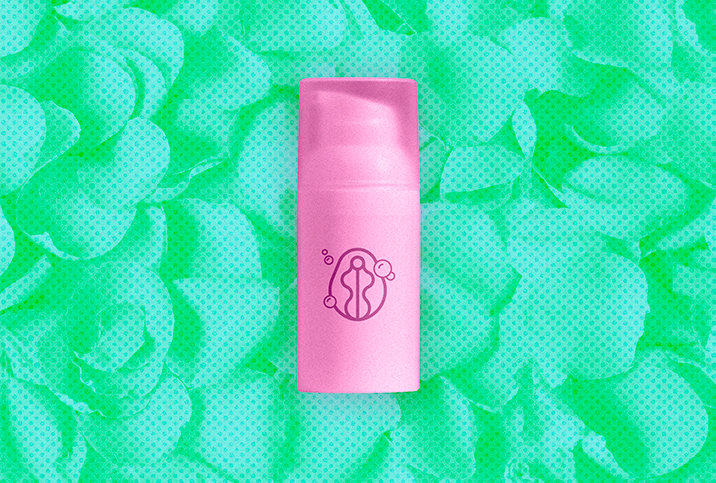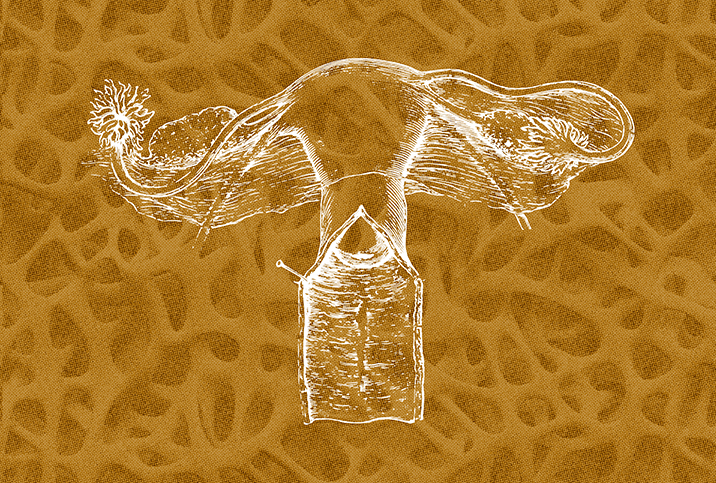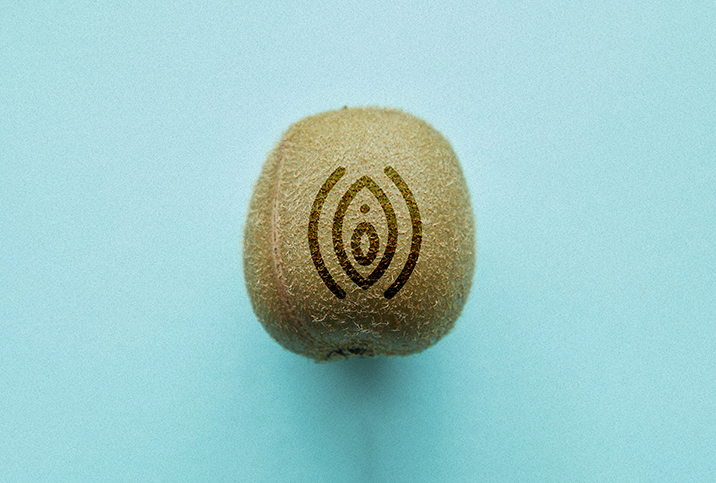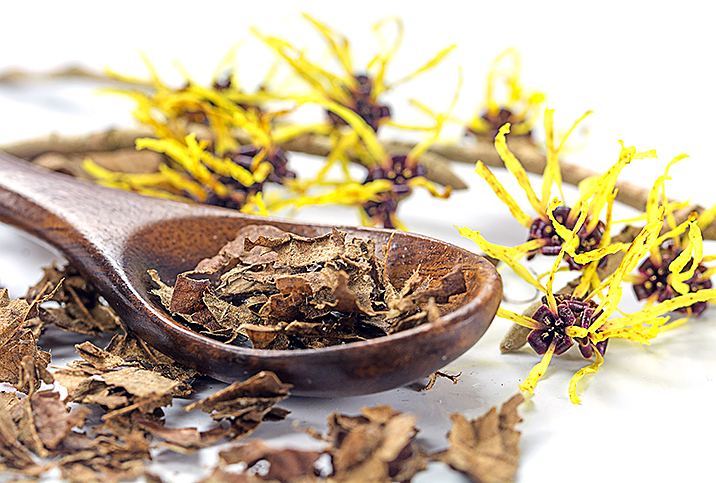Lichen and the Vulva: Living With a Disorder

For the first time in my life, I looked at my vulva and, even though I had never seen it up close, something did not look right.
Small, dark lesions clustered on one side of my labia minora. I knew healthy genitalia were generally pink so, despite my naivete, I knew this was abnormal.
Years and a lot of trial and error later, I found out I had lichen sclerosus, a rare condition that typically affects women after menopause. The exact figures of people living with this condition in the United States are uncertain.
Many conditions threaten the health of the vulva, a crucial part of the genital anatomy, but lichen sclerosus is one of three connected disorders that rarely get the spotlight with the frantic itchiness of thrush taking up all the attention.
What are these conditions?
"Lichen sclerosus is an autoimmune skin condition that most commonly affects the genital skin of women [vulva], although it can also affect male genitals and non-genital skin," said Alicia Little, M.D., Ph.D., a dermatologist at Yale Medicine and director of the Vulvar Dermatology Clinic in Connecticut. "It often causes severe itching and lightening or whitening of the skin, and may also be characterized by bruising and scarring of the external genitals, which often results in the clitoris or labia minora being resorbed or 'disappearing.'"
My lichen sclerosus, which is not transmissible, showed up as bruise-like lesions on my back and my labia minora. The condition makes my vulva vulnerable to itchiness and highly sensitive, and the skin more friable. There is a 5 percent chance that lichen sclerosus can lead to the development of a skin cancer called squamous cell carcinoma, according to StatPearls, a healthcare education resource.
"Lichen simplex chronicus [LSC] is a reactive skin reaction to chronic itching and rubbing of the vulvar skin," said Stanislaw Miaskowski, M.D., an OB-GYN at Orlando Health Winnie Palmer Hospital for Women & Babies in Florida. "It occurs over time and can lead to skin changes including thickened and red skin. It can be associated with psoriasis, eczema or contact dermatitis."
A common condition due to the ease of its triggering, LSC affects the genital and anal areas. It is not contagious and cannot be spread through sexual contact.
"Lichen planus is an inflammatory, autoimmune skin condition with an unclear aetiology," Miaskowski said. "It can affect the vulva, urethra, eyes, mouth and esophagus. It appears as raised, red skin openings that are painful. This can lead to sexual and voiding impairment due to the extreme discomfort."
Triggers for each condition vary, however, low estrogen during menopause can play a role, according to Miaskowski.
"Risk factors for these conditions include a family history and a personal history of autoimmune conditions," he said. "Low estrogen environments in the setting of menopause can also play a significant role. Remembering to practice adequate vulvar hygiene and avoiding skin irritants can help prevent these skin issues from progressing."
Diagnosis and treatment
My lichen sclerosus was diagnosed after thorough examinations and repeated consultations with various dermatologists, who had not seen a case before. They treated the condition by using a variety of topical steroids. Although I now rarely develop new lesions, the condition still requires some monitoring.
Treatment for lichen planus depends on the case, with some requiring corticosteroid creams to reduce inflammation or immunosuppressants to control the immune response triggering the condition.
Lichen simplex chronicus is treated by using gentle skincare with bland moisturizing creams, avoiding any irritants or allergens, Little said. It usually also requires topical steroids or other anti-inflammatory creams prescribed by a physician.
All three conditions can be managed effectively with the right help, so never put off consulting a physician about your vulvar health. Your health must always be a top priority, even the parts that feel awkward to discuss.
"Any persistent vulvar itch, pain, burning or tenderness, or lumps, bump or rash should be evaluated by a doctor," Little said. "If your first doctor does not know the answer, it's OK to ask for a referral to see another doctor."
Untreated lichen planus can cause severe scarring and result in permanent changes. In some cases, it can cause more significant permanent damage than lichen sclerosus. Lichen sclerosus, needs to be carefully treated and monitored, as Little explained.
"Untreated lichen sclerosus can result in permanent scarring and rarely may predispose to the development of vulvar cancer," she said. "Some women may not have symptoms like itch or pain, but their lichen sclerosus may still cause scarring, lightening or whitening of the skin, and may predispose to cancer development, so treatment is important whether or not you have symptoms."
Measuring the impact
My lichen sclerosus was diagnosed at the same time as an incurable autoimmune condition called localized scleroderma, and the diagnosis changed my life.
Initially, I had no other symptoms of lichen sclerosus except the physical scarring, which had an impact on my earlier sexual experiences due to the fear that partners would discover my secret shame.
Slowly, over the years, it eroded my sexual confidence and I felt too ashamed to truly let go in front of a partner. The humiliation attached to my body's malfunction felt too huge to allow anyone else in on the secret.
Managing the effects
Trusting my doctors was the first step to figuring out the ups and downs of lichen sclerosus, which is true for all three conditions. Your physicians are there to help, not hinder you. Be open and honest with them and trust the diagnostic process.
I manage the primary symptom of vulva discomfort by wearing breathable underwear at all times and avoiding scented products. Learning to manage sex took a little more experimentation, mostly in the lubricant department.
"If lubrication is needed, use unscented Albolene, a moisturizing cleanser available at Walmart and online," Miaskowski said. "However, this will cause a condom to break down; use an alternative lubricant with condoms. If lidocaine ointment has been prescribed, apply a half-inch of ointment to the sore area 30 minutes before intercourse. This may cause some numbness for your partner."
Soothing the side effects of any lichen-related condition means wrestling with the associated stigma, but you are not alone.
"I think reducing the stigma around vulvar health will dramatically improve vulvar health," Little explained. "Women often do not know what a normal vulva looks like, and many women do not look at their own vulva. That makes it difficult for women to advocate for themselves. Vulvar health is incredibly important to overall health and to mental health, and reducing the stigma around vulvar health will allow us to treat it more effectively and to help more women."
If you are fearful of some vulval malfunction, make addressing it an immediate priority. Lichen-related conditions can impact overall vulva health. Making my vulva health a priority has enabled me to thrive alongside lichen sclerosus, instead of hiding from its ferocity.


















